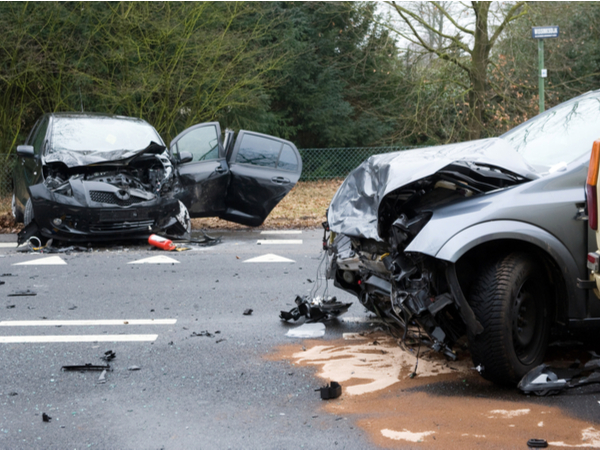Life Insurance and TPD Cover
By Paul Rattray
These kinds of personal insurances are ones we really don’t like to talk about. But it’s important to consider what would happen if you died.
Is there debt that needs to be considered? What about dependents?

Life insurance
Life insurance, ironically also known as death cover, is probably the most well-known type of insurance cover.
Basically, if you die, then your policy beneficiaries will be able to collect the insurance.
Most superannuation policies have a generic form of life cover, which will pay a lump sum on death or sometimes a payment where there is a diagnosis of terminal illness where the death is likely to occur within 12 months.
Quite simply, life insurance is a way of protecting the financial future of your loved ones if you are no longer around to provide for them. It’s important to consider how much life insurance you need so that your family can carry on, even if you are not there to provide for them.

Total and Permanent Disability Insurance
Total and Permanent Disability Insurance is less well known than life insurance but is also an important type of cover for anyone with dependents or debt. Also known as TPD, this is the insurance we like to talk about the least, because it’s designed to protect you if you suffer an illness or injury which leaves you totally and permanently disabled, that is, no longer able to work or care for yourself.

If this tragic circumstance was to occur, your living expenses are likely to increase – you might need a carer; you may need to make modifications to your home in order to remain there.
You may need to purchase special equipment to maintain a level of independence, and there may be prescription medicines to pay for, too.
Unexpected, traumatic life events can happen to anyone, and they can lead to financial hardship which just creates more stress at a time when you and your loved ones really don’t need more to worry about.
It’s important to talk these types of policies over with your loved ones, and to get professional advice about the cover you need.
